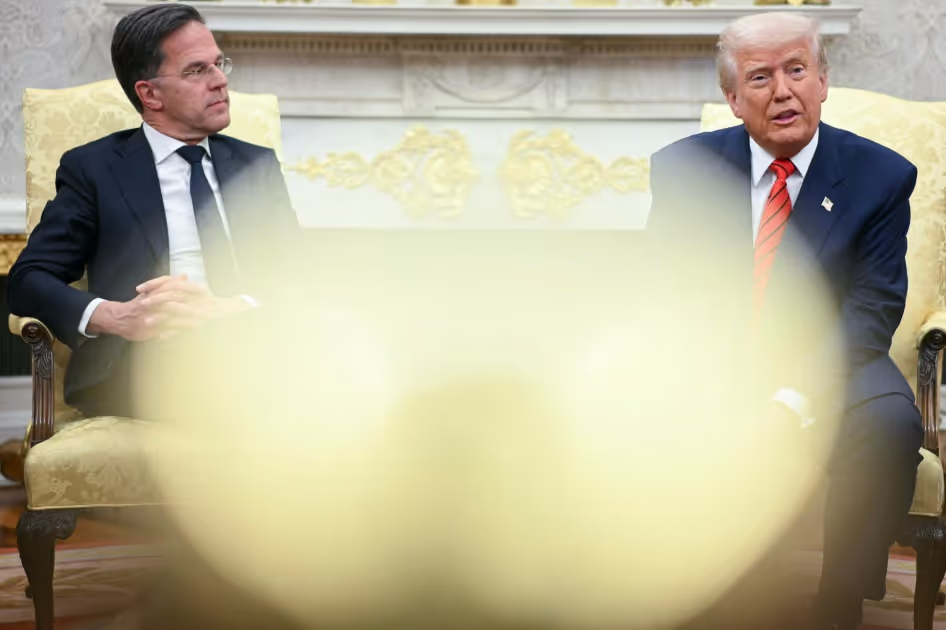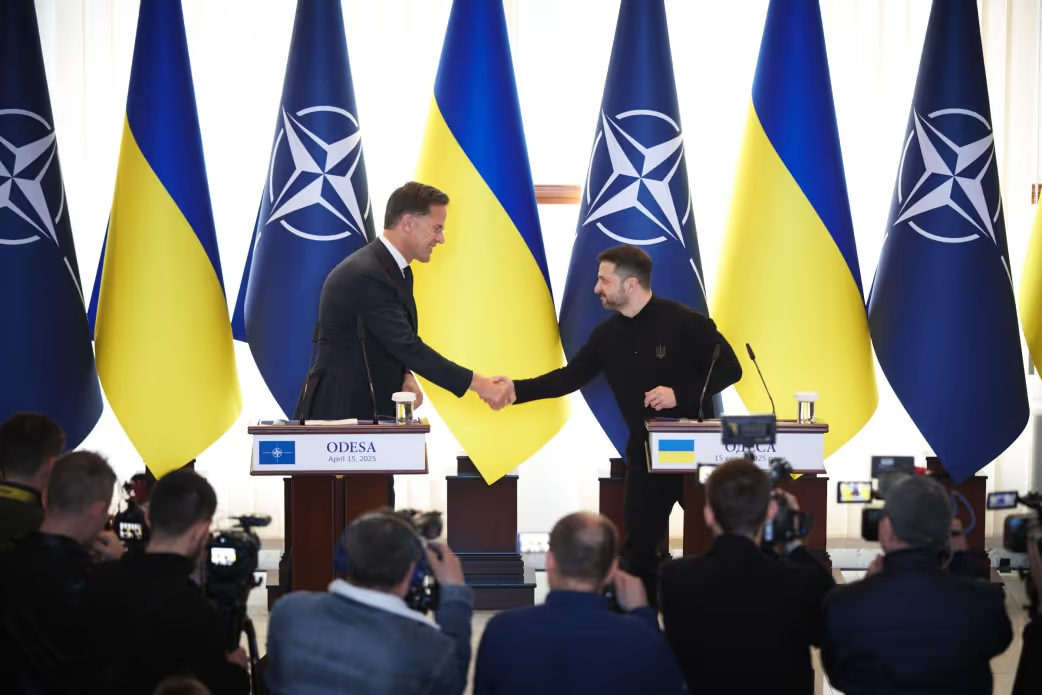Support Sestry
Even a small contribution to real journalism helps strengthen democracy. Join us, and together we will tell the world the inspiring stories of people fighting for freedom!
For the longest time it has been my dream to move to America but after living there for three years, I decided to move back to Poland. Just like my parents, I thought that living in America was going to offer me this big American dream, but that was not the case. I think due to the ways in which America is portrayed, I had this preconceived notion of what my life is going to look like but I was unaware of the jarring realisations that come with moving to the West.
When I got there I wouldn't say that I missed my old life in Poland. Everything felt new and exciting and I felt like «I made it» but the longer I spent time in the US the more I realised the sad realities of America. Life in the East is highly focused on community: I know my neighbours, I get my fruits and vegetables from a local market stand, my friends buy me beers when I’m out of cash, but my experience in America was the complete opposite of that. Unless you’re in a borough where you grew up or have built a community, all your experiences are transactional. I found myself thinking that I’m forming a relationship with someone to quickly later on finding that they wanted something from me, blurring the line whether friendships can exist outside of work or status.
What was the most difficult for me when I was there was really understanding my identity in the realm of the US
In America, I am perceived as a white girl and my identity as a Polish person is not necessarily considered unless I bring it up in a conversation. This was really difficult for me to understand because I feel like I'm coming from a country that focuses on identity so much. I felt like that was just being stripped away. I couldn't really identify myself with where I lay in the US. Should I be considered an immigrant or should I be considered a Polish American? It was really unclear for me. I was aware of the privileges that I have in America due to being a white woman but I couldn’t identify or relate to the white American women around me.

I didn't really feel at home there unless I was in a neighbourhood such as Greenpoint where I was able to socialise with Polish people, and when it came to my university, I only met one other Polish person. It wasn't until I became friends with a Ukrainian guy who came from an immigrant family. He understood exactly what I was talking about. The Americans only perceived him as a white boy and he was unable to identify with white American men either. We would discuss our similarities and differences of being Polish and Ukrainian and the terror that's happening in the world right now that most of our peers in America seemed to ignore. I think that America is so centralised in its country and politics that a lot of issues outside that don’t concern people there just seem to be irrelevant and I think especially when you are an immigrant you can find yourself feeling lost.
That friend of mine made me realise how much I miss my country and how much I miss my community because he was the closest to what felt like a community to me in America. It's a weird experience to be an Eastern European because, on one hand, most Eastern European countries have been historically oppressed but on the other hand, you do carry the privilege of being a white person and should hold yourself accountable for having that privilege.
It's just not talked about enough how much history affected Eastern European countries and especially in the West I don't see many people being aware of what happened.
I remember how in one of my classes an American kid didn’t even know about what’s happening in Ukraine. «What war?» they said and I couldn’t believe what I was hearing
I got so angry, how can one not know? Everything there is centralised in their country, excluding anything that doesn’t focus on it or on their ideals of individualism. I couldn't take it anymore - «America this, America that», - no news about another country, while their country is one responsible for most war crimes in the world and is simultaneously one able to stop these wars.

In New York, I lived in the Ukrainian neighbourhood of the East Village, hoping it would bring me a sense of peace. Instead, I found it felt rather fabricated. I didn’t hear any Ukrainian on the streets, and most of the neighbourhood seemed to be gentrified by hipster white Americans and students looking for affordable housing. I often found myself wondering what this meant for those who once called the neighbourhood home.
The contrast between the original culture and the modern, more commercialised environment evoked a sense of nostalgia for what was lost, which was only enhanced by what is happening in Ukraine right now
Similarly, I saw the same thing taking place in Greenpoint. What was once known as a thriving Polish neighbourhood was no longer the same. Each month I’d go - another restaurant would get shut down and another person I’d known would move out since they could no longer afford it. What struck me most was the change in the people around me. Many residents who lived there for a long time were being pushed out due to rising rents, and the cultural landscape I had initially felt in a way at home, began to feel more homogenised. Both Ukrainian and Polish communities were pushed out of neighbourhoods they once considered their own, now they move a couple miles further away from Manhattan to another neighbourhood they will call home until it happens again.
All my time while I was in America I questioned: why not choose the calmer, community life? Why is this the dream? Feeling isolated in the four walls of my New York apartment, waking up every day to the loud noises outside, seeing faces I don’t recognise every day. Why not move back home and have community, support and a sense of safety? I realised that as I was complaining about all of this I only had one option. I packed my things and I left. My dream is not to be surrounded by shiny things and a job that boosts my sense of self. I want to feel like I belong somewhere, a place where neighbours say hi to each other, a place where others take care of each other, a place we can call home.
Director, creative producer and assistant director. She is completing her studies at the Tisch School of New York University, where she is enrolled in the «Film and Television» program. During her time at New York University, she directed several films dedicated to social change. Many of the films she has worked on have been selected for participation in renowned film festivals. She believes that storytelling must always be imbued with truth and serve as a motivator for societal change.
Support Sestry
Even a small contribution to real journalism helps strengthen democracy. Join us, and together we will tell the world the inspiring stories of people fighting for freedom!






















